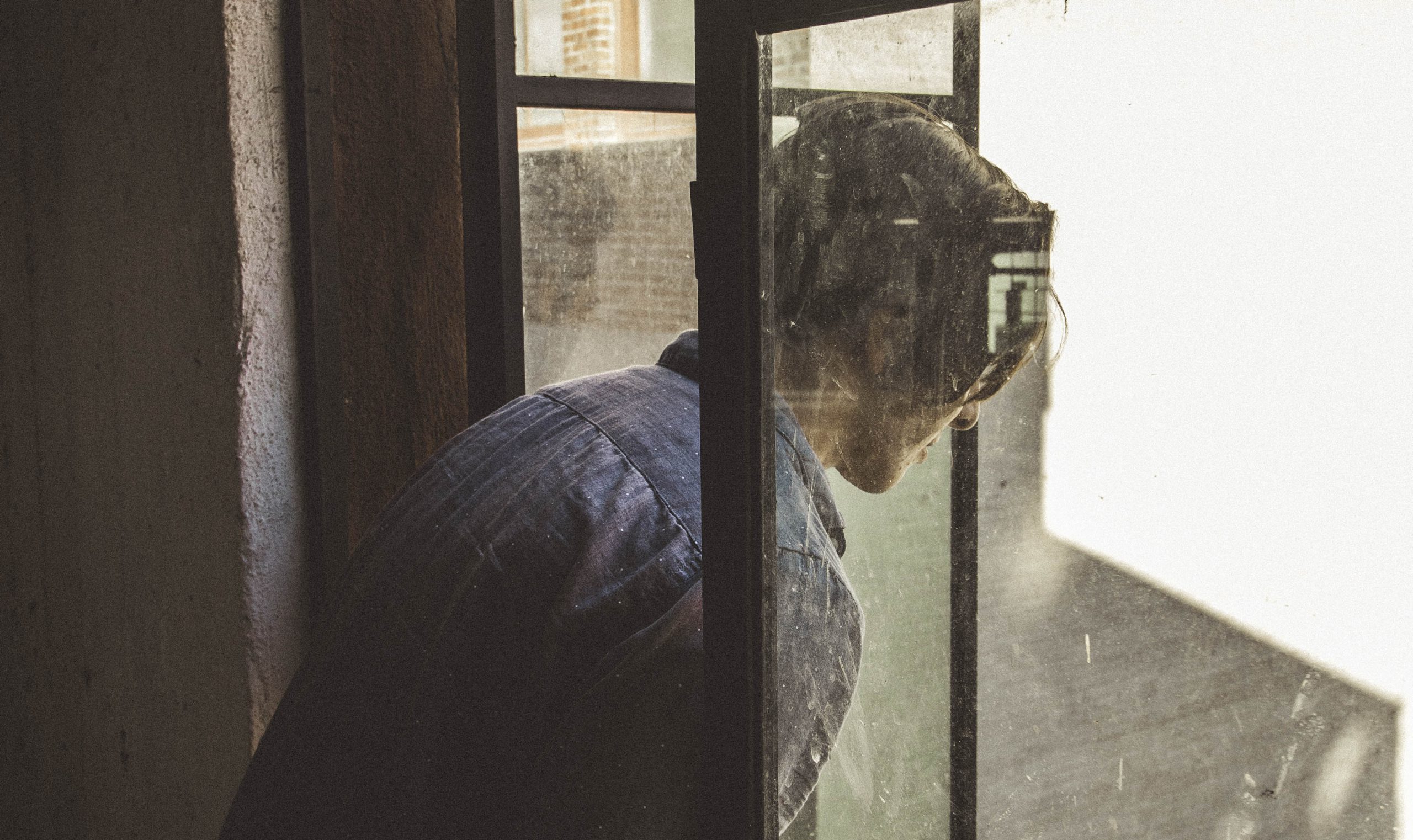
2 Samuel 11-12 recounts the horrible tragedy of David and Bathsheba. It’s one of the most famous stories in the Bible. The righteous King David saw the beautiful Bathsheba bathing, purifying herself from her uncleanliness. Jonathan Edwards writes about the event:
It was probably just about sun setting, which was the time of day when those that were legally unclean were cleansed. The case being thus, it greatly increased David’s temptation, for when a woman was thus cleansed from her uncleanness, then it was lawful for her husband to lie with her, so that it put David in mind of that act, and stirred his lust.
David didn’t just see her bathing. He thought about her bathing. He considered the reason for her bathing. He saw, and he imagined, and he sent for her.
David’s sin didn’t start with Bathsheba in his bed; it started with Bathsheba in his mind.
Jesus told us in the Sermon on the Mount, “I say to you that everyone who looks at a woman with lustful intent has already committed adultery with her in his heart” (Matthew 5:28). David should have nipped it in the bud. Instead, he let it flower, growing with anticipation as he awaited Bathsheba’s arrival. If ever there was an abuse of power, David was the abuser. Bathsheba was the victim. After all, who refuses the king?
David’s dirty deed done, he sent Bathsheba home. She conceived and sent word to David. With the king’s child growing inside another man’s wife, David must do something. He could have repented. He’s done that before. He chose another route. Enter Uriah the Hittite.
Who was Uriah the Hittite? The fact that he’s a Hittite means he wasn’t part of Israel’s covenant community. That doesn’t mean Uriah wasn’t pro-Israel or pro-David. He was both. That makes this all the more tragic. David didn't assault a random woman. He didn't wound a strange man from a strange land. He sinned against his ally, his friend. The relationship between David and Uriah provides a lesson to us about the evil lurking inside every heart. In his sermon on this passage, Tim Keller gives more insight into the evil of David's actions:
Do you know who Uriah the Hittite was? When David was a fugitive, when he was in the wilderness being hunted down by Saul, a group of friends voluntarily came around him. They were called his mighty men, and they risked their lives to save David’s life. One of them was Uriah the Hittite. This isn’t just any old person. This is a man to whom David owes his life. He covets the man’s wife, he commits adultery with the man’s wife, he murders the man, and then he lies to cover it up, half the Ten Commandments being broken in one awful enterprise.
This is done by a man who wrote the Psalms, who wrote that incredible worship poetry, including Psalm 40:8, in which he said, “I delight to do your will, O my God; your law is within my heart.” The man who wrote that and the man who meant that did this. What does that teach us? It teaches us a lot.
Here’s what it teaches us. The seeds of the most terrible possible atrocities, the capability of the worst possible deeds, live in every human heart, even the best people, even people who are converted by God. Whoever you are, even the best people who have ever lived are capable of this. The seeds of those things, the seeds of the worst possible deeds are right now in your heart. That’s the teaching.
That’s the teaching. May we learn the lesson before it’s too late.
Editor's Note: This post originally appeared at David's blog, Things of the Sort.

